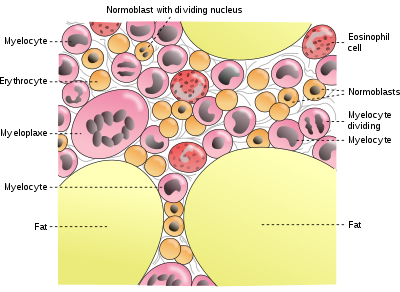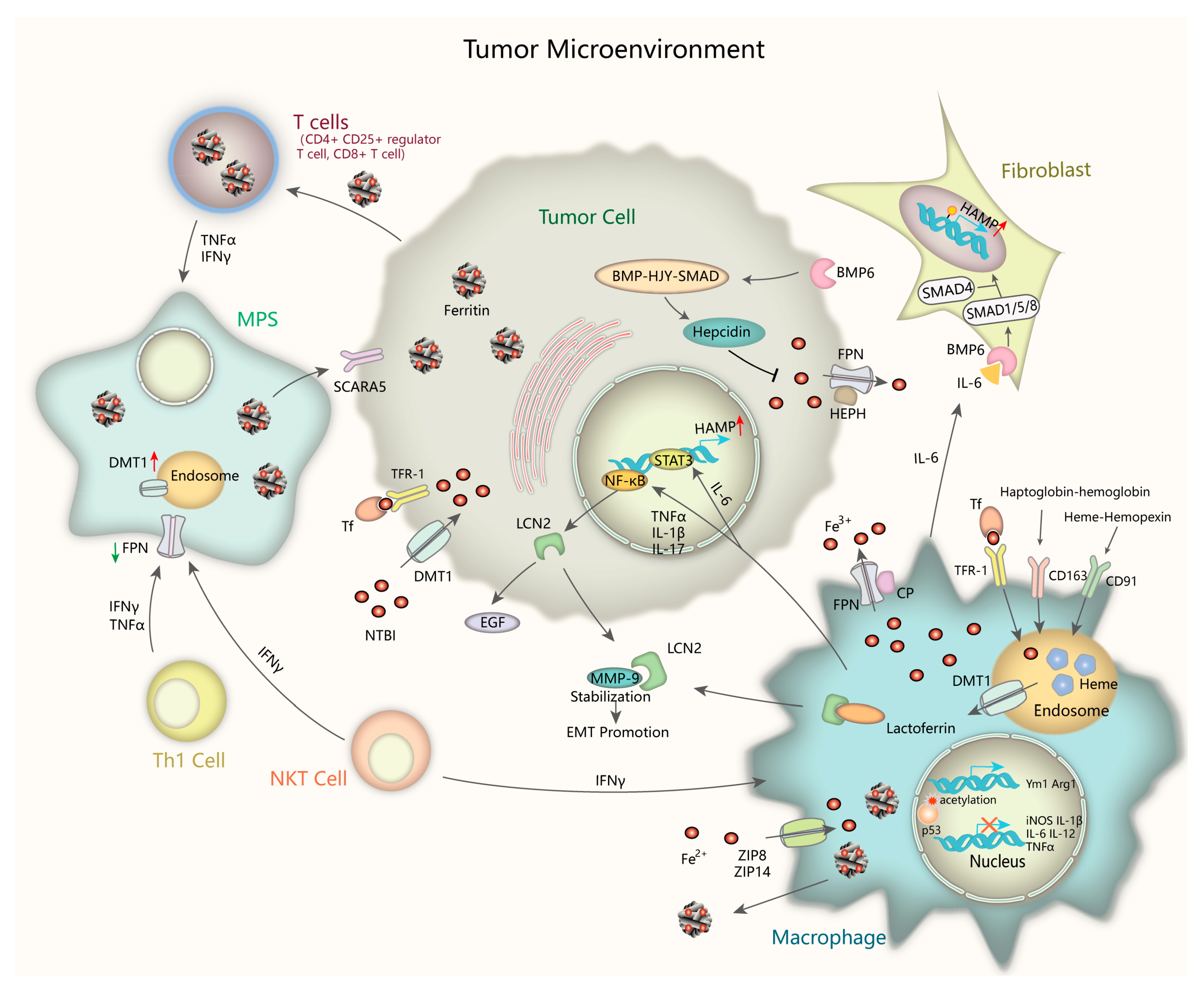
Iron Has An Important Metabolic Function In. Hepcidin is a peptide mainly produced by hepatocytes and through a connection with ferroportin it regulates iron absorption in the duodenum and its release of stock cells. Variety of metabolic processes including oxygen transport DNA synthesis and electron transport. As a constituent of the vitamin b12 molecule. By these mechanisms IRPs increase cellular iron.

Low serum phosphorus levels may occur in individuals recovering from diabetic acidosis because. IRP binding inhibits the translation of mRNAs that contain an IRE in the 5untranslated region of the transcripts and increases the stability of mRNAs that contain IREs in the 3untranslated region of transcripts. Iron has an important metabolic function in. The discovery of hepcidin and its functions has contributed to a better understanding of iron metabolism disorders in CKD anemia. Iron is essential for oxidation-reduction catalysis and bioenergetics but unless appropriately shielded iron plays a key role in the formation of toxic oxygen radicals that can attack all biological molecules. Controlling iron levels in the body is a critically important part of many aspects of human health and disease.
A major function of selenium is.
Hence specialized molecules for the acquisition transport transferrin and storage ferritin of iron in a soluble nontoxic form have evolved. Two important physiologic functions of phosphorus are. The metabolic function of iodine is to. IRP binding inhibits the translation of mRNAs that contain an IRE in the 5untranslated region of the transcripts and increases the stability of mRNAs that contain IREs in the 3untranslated region of transcripts. Chromium facilitates the action of. About 6 percent of body iron is a component of certain proteins essential for respiration and energy metabolism and as a component of enzymes involved in the synthesis of collagen and some neurotransmitters.